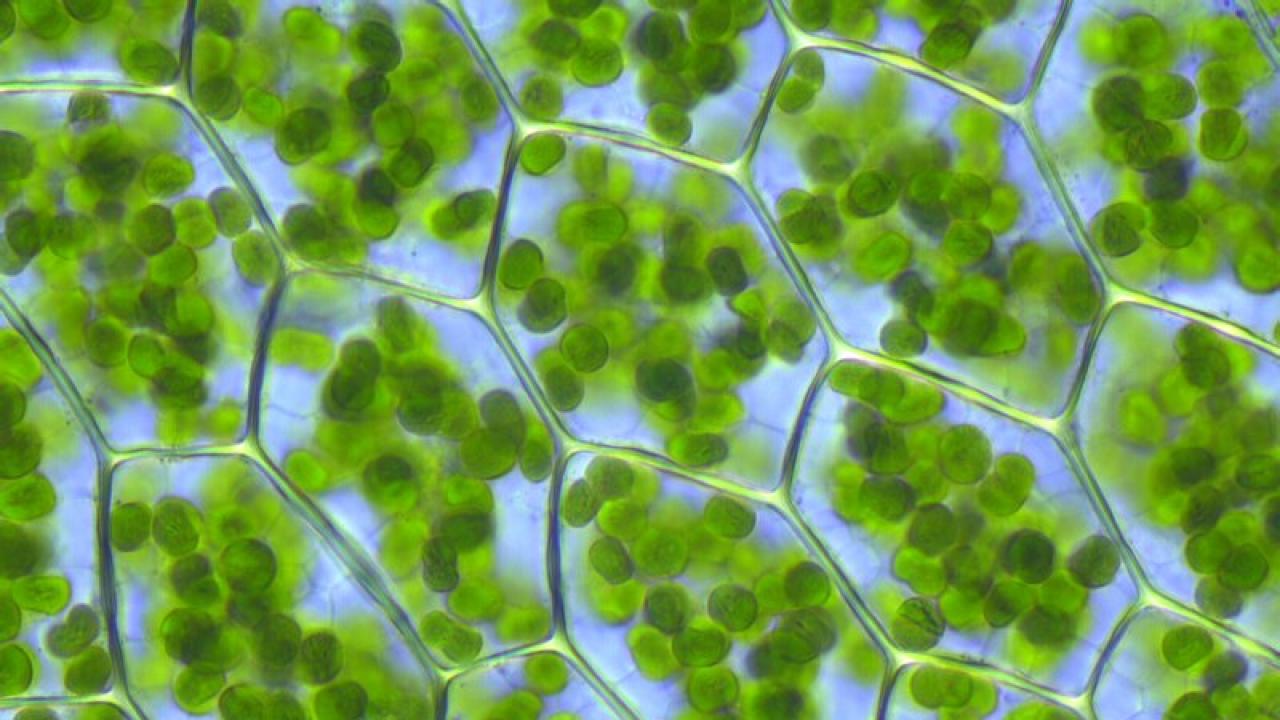
The phrase "theoretical physics" doesn't usually call to mind the fields of biology and economics. ICTP changed that this past week, however, with its inaugural Workshop on the Economy of the Cell.
"Given ICTP is making a new thrust in the area of quantitative biology, thinking of cellular processes in terms of efficiency becomes very important," said Areejit Samal, a long-term visiting scientist at ICTP and one of the workshop directors.
Prior to the workshop, Samal, in collaboration with ICTP postdoctoral researcher Marco Bardoscia and ICTP senior research scientist Matteo Marsili, had been trying to understand how metabolic networks evolved to extract resources efficiently from multiple different environments. In a forthcoming paper, they use computer modeling to show that systems that were selected to thrive in a wide variety of environments tend to use the available carbon more efficiently than those with a more specialized metabolism.
Like everything in biology, though, there's a catch. "You cannot become more efficient forever, because at some point there will be a tradeoff," Samal said. These kinds of tradeoffs were a major theme of the week's workshop. For example, Andrea de Martino, from Università di Roma La Sapienza, lectured on the balance between energy use and protein synthesis during bacterial growth, while Stefan Schuster of the University of Jena explored the tradeoff between resource use efficiency and speed.
ICTP's Marsili, Yitzhak Pilpel of Israel's Weizmann Institute, and Daniel Segrè of Boston University came up with the initial idea for the conference from a discussion about how the cell manages its available resources. "A lot of methods that people have used in the last 10, 20 years [to explore this question] are similar to those used in engineering and economics," Segrè said. "So we thought, why not, for once, have economy of the cell be at the center of the discussion?"
Workshop organisers, speakers, and participants agree that the time is ripe for such a multidisciplinary approach. "There is something really interesting emerging about realizing that the budget of the cell is a global thing," Segrè said. "It feels to me like the frontier of computational biology, in terms of getting people excited about fundamental questions at the crossroad between biology and physics."
"It's almost too good to be true, the flow from observation to theory to extracting principles to testing principles," de Martino said. "I'm sure physicists will be attracted. I really hope more biologists can be attracted, too."
Reflecting this desire, Segrè said the conference attendees were "a good mixture of physicists that really care about the biology and biologists that are not scared by equations."
Workshop participant Rahul Metri, a PhD student in systems biology at the Indian Institute of Science in Bangalore who studies networks in skin cancer, was inspired by the physics perspective he learned during the week.
"Being from a biological background, we always have one way of thinking. Meeting somebody from a physics background adds a new dimension to the way you look at the problems. That's really helpful," he said. "I can start thinking in this perspective now too."
This is the first conference of its kind at ICTP and perhaps the first international workshop on this precise theme worldwide, but speakers and participants hope it's the beginning of something new. "I would like to see it continuing," Schuster said.
The workshop might even encourage biologists to work more closely together with physicists in the future. "I was amazed at the amount of biology that these professors from a physics background have learned. They know more biology than me," Metri said. "When they can learn biology, why can't we biologists go learn physics? We can join hands together very easily."
















